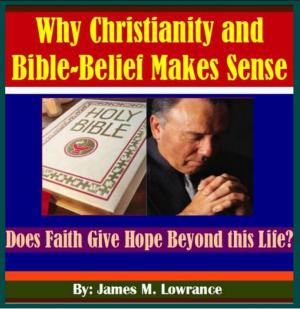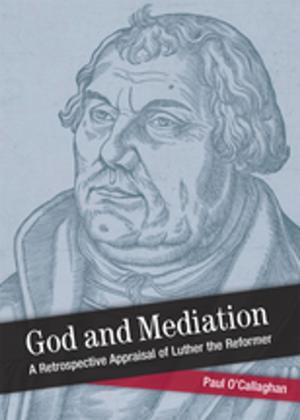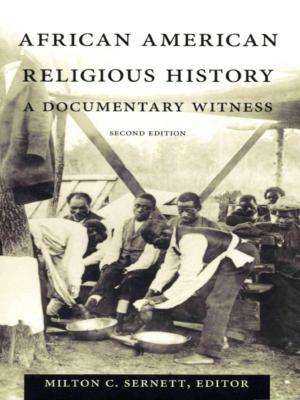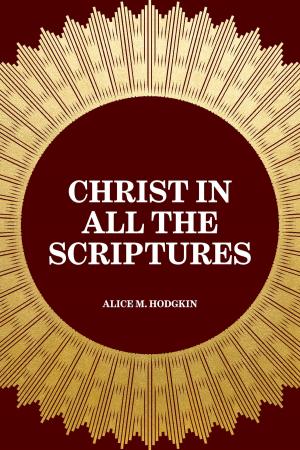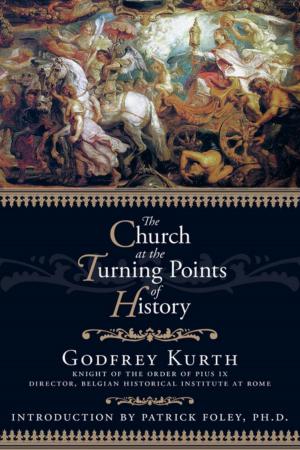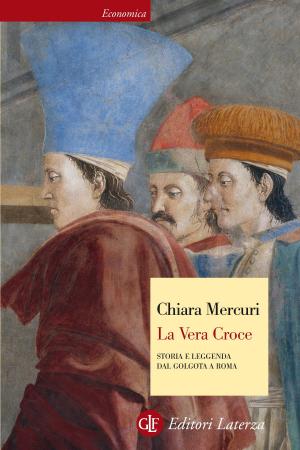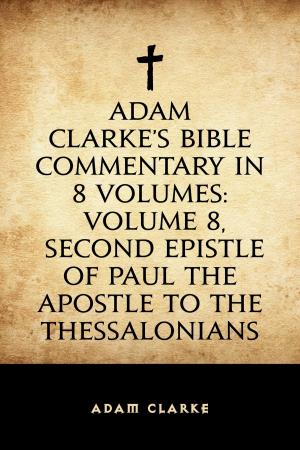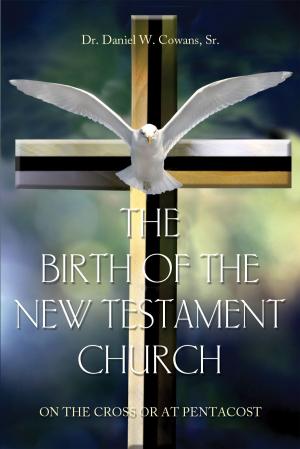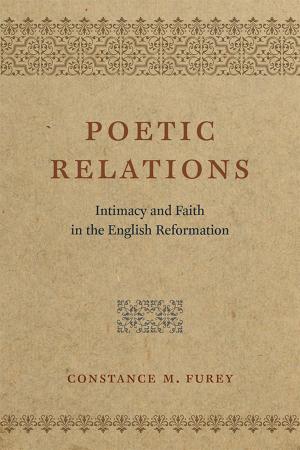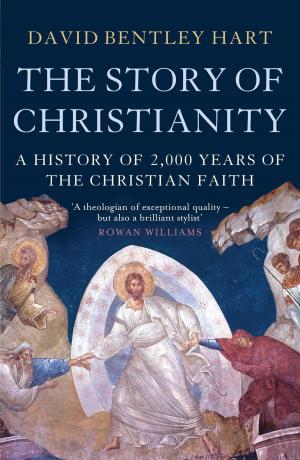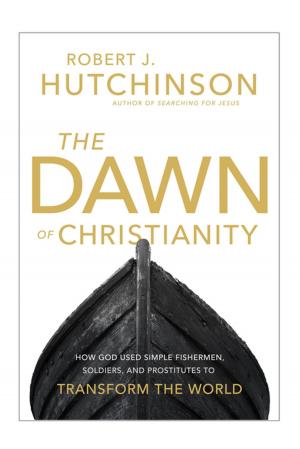Salvation Universal
Nonfiction, Religion & Spirituality, Christianity, Denominations, Mormonism, Evangelism, Church, Church History| Author: | Joseph Fielding Smith, Hard Head Publications | ISBN: | 1230001342819 |
| Publisher: | Hard Head Publications | Publication: | September 11, 2016 |
| Imprint: | Language: | English |
| Author: | Joseph Fielding Smith, Hard Head Publications |
| ISBN: | 1230001342819 |
| Publisher: | Hard Head Publications |
| Publication: | September 11, 2016 |
| Imprint: | |
| Language: | English |
The greatest of all the gifts of God unto his children, is the gift of salvation.[1]
The greatest of all his works, to bring to pass the immortality and eternal life of man, which constitutes his glory.[2]
For this grand and glorious purpose, worlds are created by him and peopled with his children. He gives to them his commandments, granting the power to choose for themselves whether or not they will obey. Those who obey him in all things he has promised great blessings, they shall be added upon in his celestial kingdom for ever and ever, and shall be crowned with the fullness of his glory. But to those who reject laws, and become a law unto themselves in unrighteousness, shall punishment be meted out according to their evil deeds.
The plan of salvation, or code of laws, which is known as the gospel of Jesus Christ, was adopted in the heavens, before the foundation of the world was laid. It was appointed there that Adam our father should come to this earth and stand at the head of the whole human family. It was a part of this great plan, that he should partake of the forbidden fruit and fall, thus bringing suffering and death into the world, even for the ultimate good of his children. By many he has been severely criticized because of his fall, but Latter-day Saints, through modern revelation, have learned that such was necessary in order that man should have his agency and, through the various vicissitudes he has to pass, receive a knowledge of both good and evil, without which it would be impossible for him to gain the exaltation prepared for him.
It was also necessary because of Adam’s transgression for the Only Begotten Son of the Father to come to redeem the world from Adam’s fall. This also was a part of the plan chosen before the earth was made, for Jesus is called the Lamb that was slain from the foundation of the world. He came and redeemed us from the fall—even all the inhabitants of the earth. Not only did he redeem us from Adam’s transgression, but he also redeemed us from our own sins, on condition that we obey the laws and ordinances of the gospel.[3]
“And now, behold,” said the Prophet Lehi to his son Jacob, “if Adam had not transgressed, he would not have fallen; but he would have remained in the Garden of Eden. And all things which were created must have remained in the same state in which they were, after they were created; and they must have remained for ever, and had no end. And they would have had no children; wherefore, they would have remained in a state of innocence, having no joy, for they knew no misery; doing no good, for they knew no sin. But behold, all things have been done in the wisdom of him who knoweth all things. Adam fell that men might be; and men are, that they might have joy.
[1] Doc. & Cov. 6:13.
[2] Book of Moses 1:39.
[Transcribers Note: The original text used alphabetical footnotes. There was another footnote (c) here referencing Rev. 13:8, but the main text had no such reference.]
[3] Heb. 5:9; Matt. 7:21; John 1:3-6.
The greatest of all the gifts of God unto his children, is the gift of salvation.[1]
The greatest of all his works, to bring to pass the immortality and eternal life of man, which constitutes his glory.[2]
For this grand and glorious purpose, worlds are created by him and peopled with his children. He gives to them his commandments, granting the power to choose for themselves whether or not they will obey. Those who obey him in all things he has promised great blessings, they shall be added upon in his celestial kingdom for ever and ever, and shall be crowned with the fullness of his glory. But to those who reject laws, and become a law unto themselves in unrighteousness, shall punishment be meted out according to their evil deeds.
The plan of salvation, or code of laws, which is known as the gospel of Jesus Christ, was adopted in the heavens, before the foundation of the world was laid. It was appointed there that Adam our father should come to this earth and stand at the head of the whole human family. It was a part of this great plan, that he should partake of the forbidden fruit and fall, thus bringing suffering and death into the world, even for the ultimate good of his children. By many he has been severely criticized because of his fall, but Latter-day Saints, through modern revelation, have learned that such was necessary in order that man should have his agency and, through the various vicissitudes he has to pass, receive a knowledge of both good and evil, without which it would be impossible for him to gain the exaltation prepared for him.
It was also necessary because of Adam’s transgression for the Only Begotten Son of the Father to come to redeem the world from Adam’s fall. This also was a part of the plan chosen before the earth was made, for Jesus is called the Lamb that was slain from the foundation of the world. He came and redeemed us from the fall—even all the inhabitants of the earth. Not only did he redeem us from Adam’s transgression, but he also redeemed us from our own sins, on condition that we obey the laws and ordinances of the gospel.[3]
“And now, behold,” said the Prophet Lehi to his son Jacob, “if Adam had not transgressed, he would not have fallen; but he would have remained in the Garden of Eden. And all things which were created must have remained in the same state in which they were, after they were created; and they must have remained for ever, and had no end. And they would have had no children; wherefore, they would have remained in a state of innocence, having no joy, for they knew no misery; doing no good, for they knew no sin. But behold, all things have been done in the wisdom of him who knoweth all things. Adam fell that men might be; and men are, that they might have joy.
[1] Doc. & Cov. 6:13.
[2] Book of Moses 1:39.
[Transcribers Note: The original text used alphabetical footnotes. There was another footnote (c) here referencing Rev. 13:8, but the main text had no such reference.]
[3] Heb. 5:9; Matt. 7:21; John 1:3-6.


